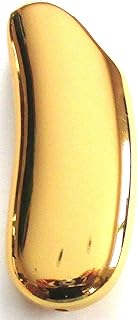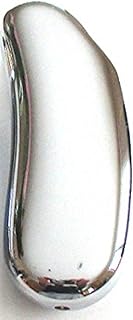The Environmental Impact of BIC Lighters: Concerns and Alternatives
BIC lighters, ubiquitous and seemingly harmless, have a surprising environmental footprint. Here's a breakdown of the concerns and potential alternatives:
Concerns:
* Non-renewable resources: The butane fuel powering BIC lighters is derived from fossil fuels, a non-renewable resource contributing to climate change.
* Plastic waste: The lighters themselves are made primarily from plastic, often ending up in landfills and polluting the environment.
* Manufacturing and transport: The production and distribution of lighters require energy and resources, contributing to emissions.
* Potential for hazardous materials: Some lighters contain materials like lead, cadmium, or other heavy metals, which can be harmful if released into the environment.
Alternatives:
Fortunately, there are more sustainable alternatives to BIC lighters:
1. Rechargeable lighters: These lighters use a USB or other electrical charging method, eliminating the need for disposable butane fuel. They are often made from metal, reducing plastic waste.
2. Refillable lighters: These lighters allow you to refill the butane fuel instead of discarding the entire lighter. This reduces waste and your reliance on single-use products. Look for lighters made from metal or recycled materials.
3. Windproof lighters: These lighters, often featuring a small chimney, are designed to be more efficient with fuel and provide a more consistent flame.
4. Matches: A classic alternative, matches are often made from wood and are compostable. Choose matches made from sustainable wood sources and without added chemicals.
5. Sustainable fuel sources: Look for butane fuel made from renewable sources like biobutane, which reduces the reliance on fossil fuels.
Beyond the product:
* Reduce reliance: Consider whether you truly need a lighter for each occasion. Could you use alternative methods like candles or a stovetop for cooking?
* Repair and reuse: Instead of discarding a broken lighter, consider repairing it if possible.
* Proper disposal: Dispose of lighters responsibly, following local regulations. Many cities offer dedicated recycling options for lighters.
Final thoughts:
While BIC lighters offer convenience, they come at a significant environmental cost. By choosing sustainable alternatives and reducing our reliance on disposable products, we can lessen our impact on the planet and promote a more responsible approach to lighting.


